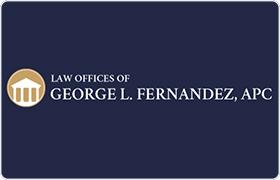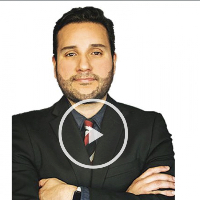Mission Hills Misdemeanor Lawyer, California
Sponsored Law Firm
-
 x
x

Click For More Info:
-
Law Offices of George L. Fernandez APC
444 Ocean Blvd Suite 800 Long Beach, CA 90802» view mapCriminal Defense Law Passion. Experience. Diligence.
George L. Fernandez is dedicated to competently, thoroughly, and diligently represent the best interest of his clients in a professional and ethical matter at all times.
800-970-2821
Garret Weinrieb
Felony, Misdemeanor, DUI-DWI, White Collar Crime
Status: In Good Standing Licensed: 21 Years
FREE CONSULTATION
CONTACTMichael M. Levin
Criminal, DUI-DWI, Felony, White Collar Crime, Misdemeanor
Status: In Good Standing Licensed: 29 Years
FREE CONSULTATION
CONTACTNicholas Maurice Rosenberg
Misdemeanor, Felony, DUI-DWI, Criminal
Status: In Good Standing Licensed: 20 Years
 George Fernandez Long Beach, CA
George Fernandez Long Beach, CA Practice AreasExpertise
Practice AreasExpertise
